Tools & Resources
Brad’s curated reading list of best-selling books that every business leader should read.

Influential Books: ``Barbara Jordan, Speaking the Truth with Eloquent Thunder`` Edited by Max Sherman
A collection of stirring speeches by former U.S. Congresswoman Barbara Jordan that speaks to issues—ethics in government, civil liberties, and democratic values—still under intense debate in the twenty-first century.

Influential Books: Death March by Edward Yourdon
“Death-March” projects — i.e., projects whose schedules are so compressed, and/or whose budgets, or resource (people) assignments are so constrained, that the only “obvious” way to succeed is for the entire team to work 16 hours a day, 7 days a week, with no vacations until the project is finished. While the corporate goal of such projects is to overcome impossible odds and achieve miracles, the personal goal of the project manager and team members often shrinks down to mere survival: keeping one’s job, maintaining some semblance of a relationship with one’s spouse and children, and avoiding a heart attack or ulcer.
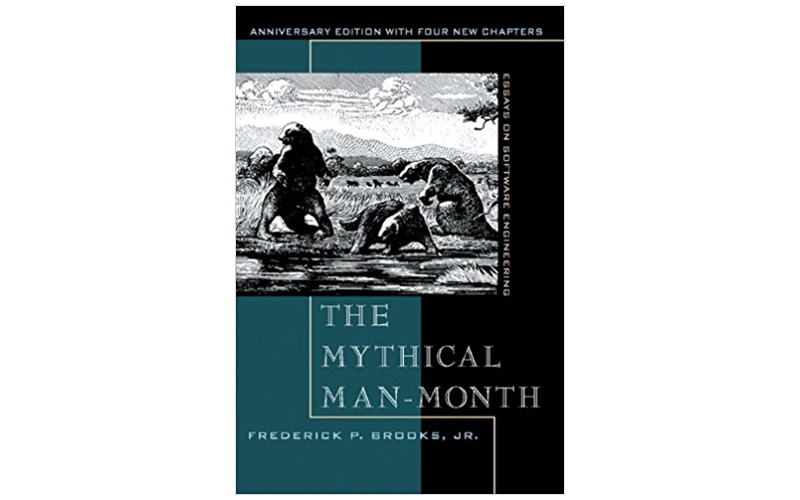
Influential Books: The Mythical Man-Month: Essays on Software Engineering by Frederick P. Brooks Jr.
A blend of software engineering facts and thought-provoking opinions. In The Mythical Man-Month: Essays on Software Engineering, Fred Brooks offers insight for anyone managing complex projects. These essays draw from his experience as project manager for the IBM System/360 computer family and then for OS/360, its massive software system.

Influential Books: The Phenomenon of Man by Pierre Teilhard de Chardin
“The Phenomenon of Man,” by Teilhard de Chardin, a Jesuit priest, was published in 1955 after his death. His work presages the spanning of our planet in thought. My blog, “The Ideosphere” is kin to the “Noosphere” (from the Greek nous “mind”), introduced to the world by Pierre Teilhard de Chardin in 1922.
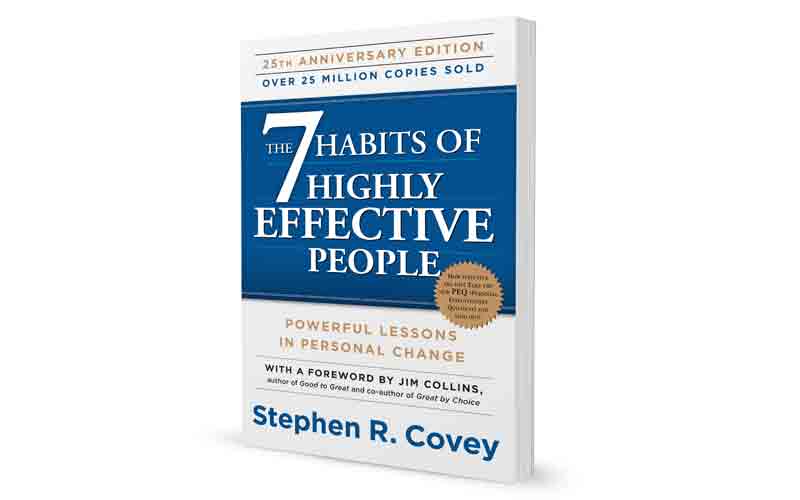
Influential Books: Seven Habits by Stephen Covey
Seven Habits is a classic. Be proactive, begin with the end in mind, put first things first, think win/win, seek first to understand, synergize, sharpen the saw. Covey training was mandatory for all up-and-coming executives at Andersen Consulting.
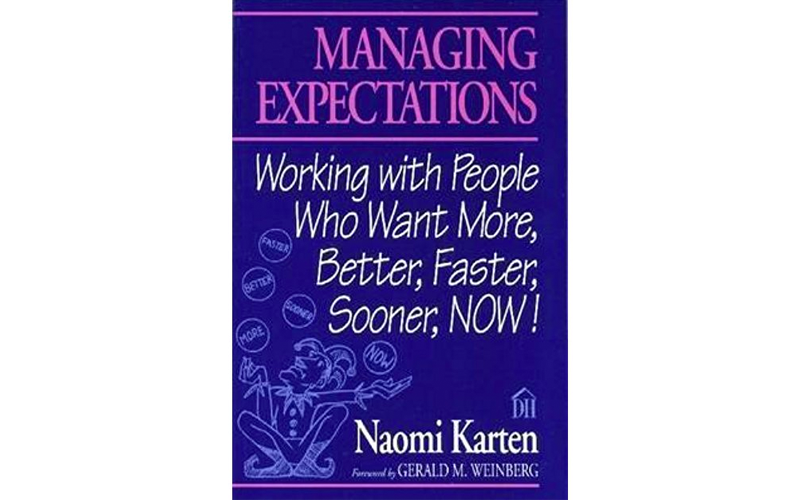
Influential Books: Managing Expectations by Naomi Karten
After reading this book, I was able to create and maintain a greater balance between work and family and professional and personal life. She conveyed simple and effective techniques that I was able to employ.
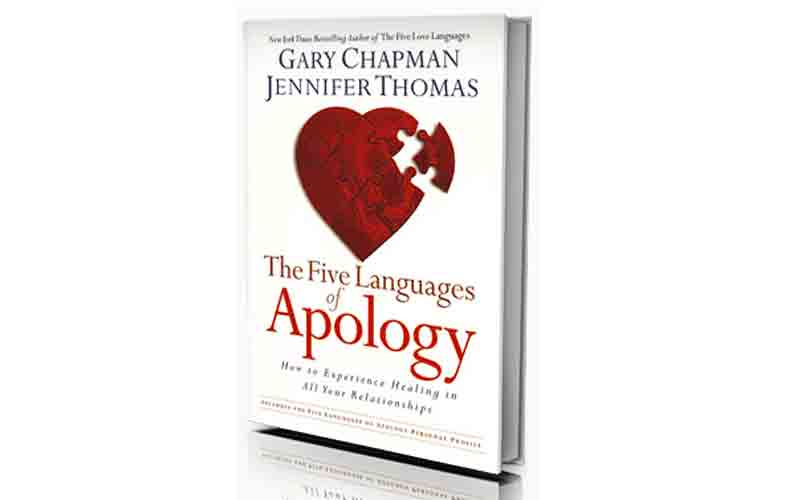
Influential Books: The Five Languages of Apology by Gary Chapman & Jennifer Thomas
Expressing regret, accepting responsibility, making restitution, genuinely repenting, and requesting forgiveness. In my role as CIO at UT Austin, I frequently had to apologize for my mistakes and mistakes made by my team. Apologizing is strength not weakness, and takes courage.

The 48 Laws of Power by Robert Greene
Refer to Greene’s “The 48 Laws of Power” to recognize the ploys being used against you. Once you recognize what you are up against, you will be in a better position to protect yourself.
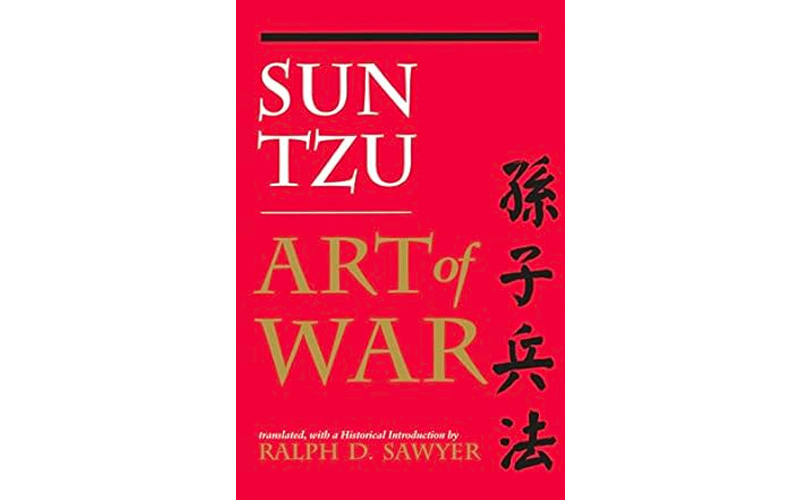
The Art of War by Sun Tzu
As Sun Tzu advised in “The Art of War” 2,500 years ago, not all instructions are meant to be obeyed: “There are roads that must not be followed, armies which must not be attacked, towns which must not be besieged, positions which must not be contested, commands of the sovereign which must not be obeyed.” Not all orders are meant to be obeyed. You should give your people—and yourself—the freedom to do what is best for them, the project, the customer, and the organization.
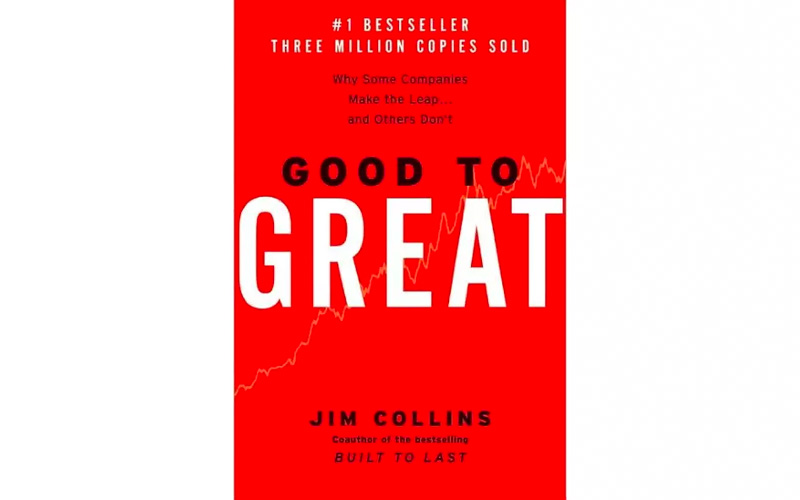
Good to Great by Jim Collins
Jim Collins, author of “Good to Great: Why Some Companies Make the Leap and Others Don’t,” conducted research over five years that identified 11 good-to-great companies. One of the drivers of good-to-great transformations was leadership. Transformational leaders were not egocentric and did not have extreme personalities.

Crucial Conversations by Joseph Grenny, Kerry Patterson, Al Switzler, and Ron McMillan
The authors of “Crucial Conversations: Tools for Talking When the Stakes Are High,” Kerry Patterson, Joseph Grenny, Ron McMillan, and Al Switzler, offer insight into how to “prepare for high-stakes situations, transform anger and hurt feelings into powerful dialogue, make it safe to talk about almost anything, and be persuasive, not abrasive.” Dramatic improvements in organizational performance are possible when we foster crucial conversations to air opposing opinions and harness strong emotions in high-stakes situations.
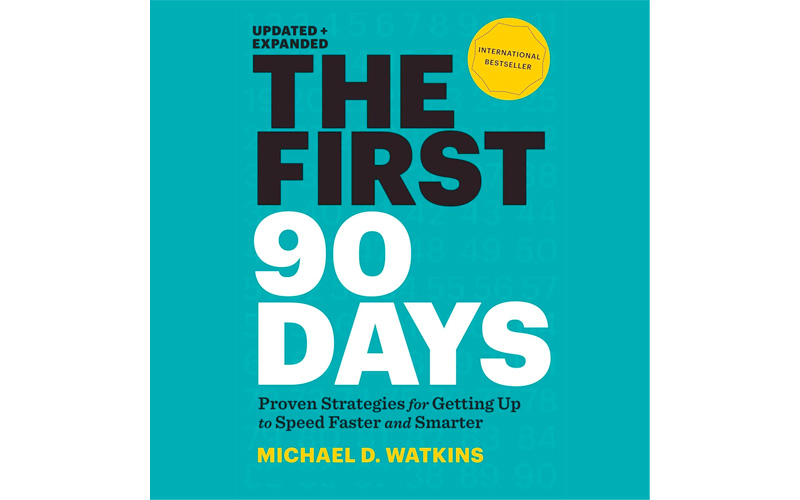
The First 90 Days by Michael D. Watkins
In “The First 90 Days,” Watkins encourages a new boss to meet one-on-one with each member of the inherited team as soon as possible. Watkins offers some sample questions: “What are the strengths and weaknesses of our existing strategy? What are the biggest challenges and opportunities facing us in the short term? What resources could we leverage more effectively? How could we improve the way the team works together? If you were in my position, what would your priorities be?” If you are well beyond the first 90 days in a supervisory role, just start asking these questions now.

Grit by Angela Duckworth
In her book “Grit: The Power of Passion and Perseverance”, Angela Duckworth, a psychology professor at the University of Pennsylvania, posits that it is not just talent but grit, a combination of passion and perseverance in pursuit of long-term goals, that matters most in achieving success. While grit is defined by tireless effort, it is demonstrated by consistency over time. Perseverance and endurance are what makes the grittiest people—those who have long-term goals and the ability to work steadily and unfailingly to achieve them. Of course, you have to have talent as well. I do not sing well, so a career for me in opera is not an option.

Managing Oneself by Peter F. Drucker
Peter F. Drucker says in “Managing Oneself” that you need to know if your boss is “a reader or a listener.” A reader will want written proposals, and a listener will prefer hearing the proposals. You will frustrate a boss if you do not know which style they prefer.

